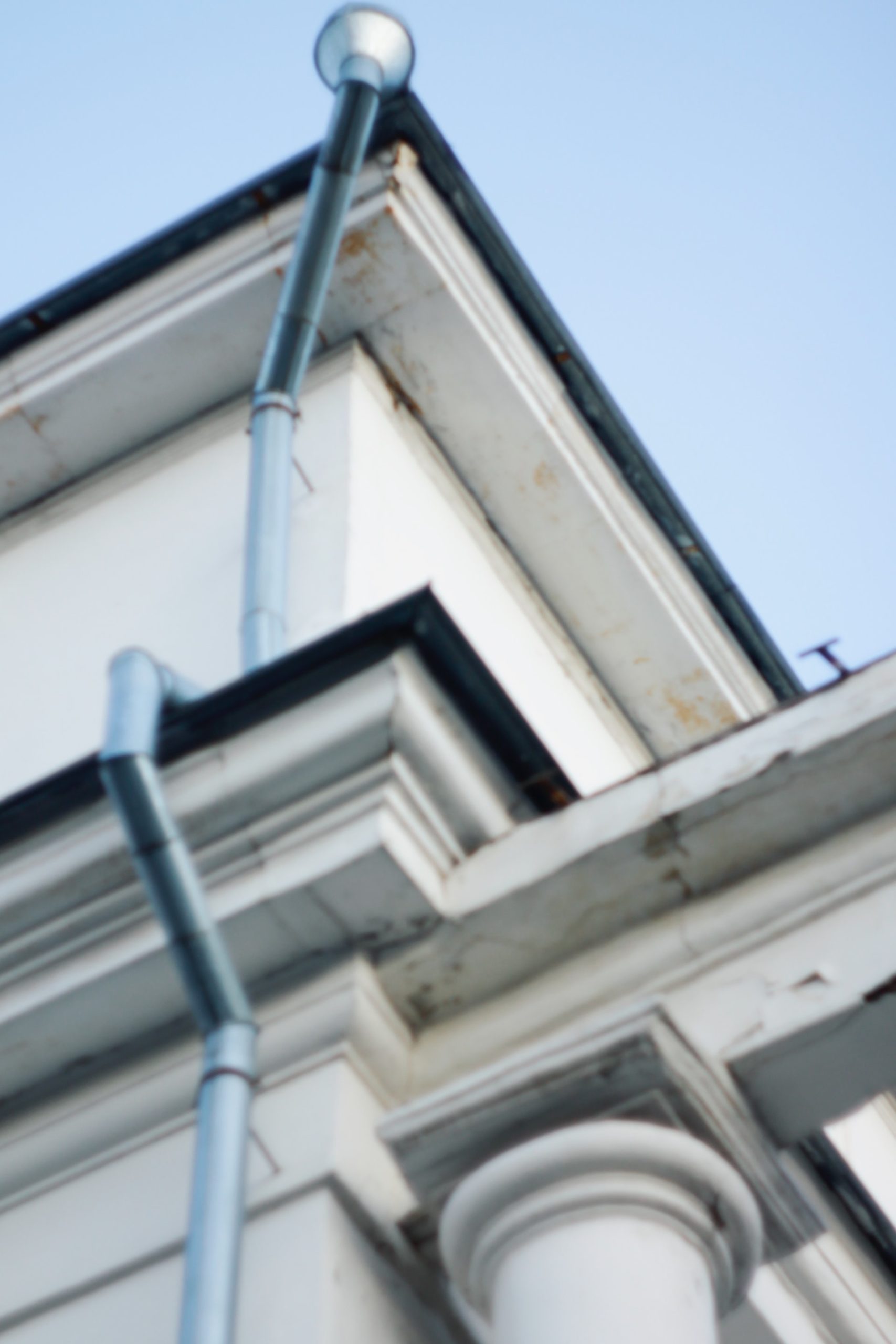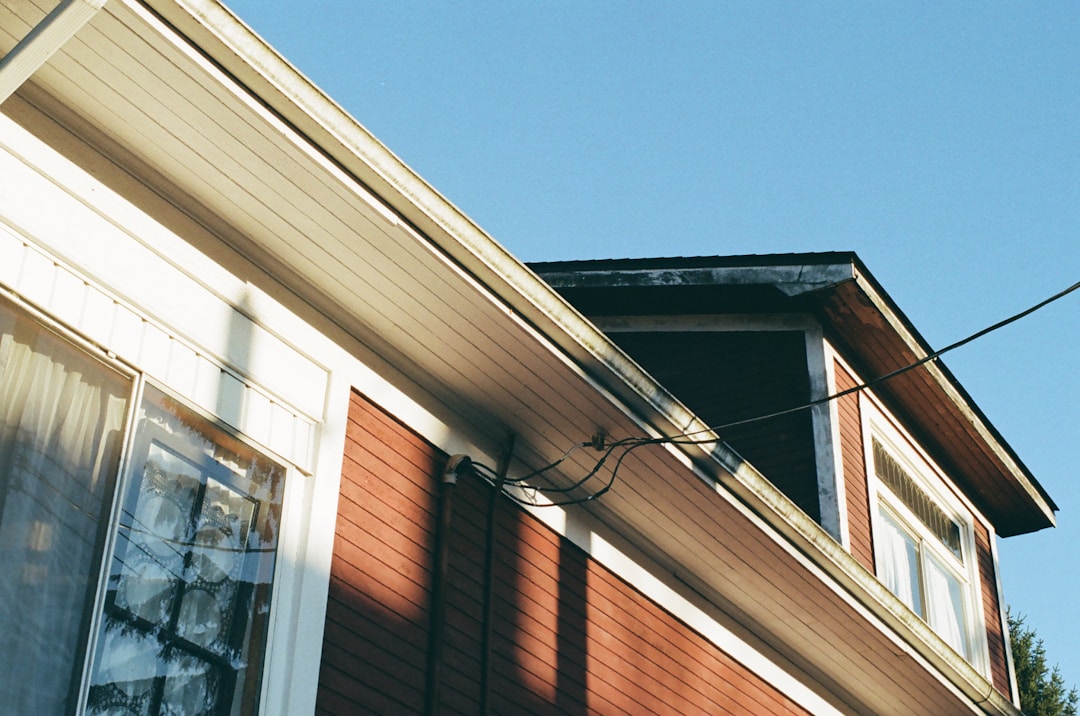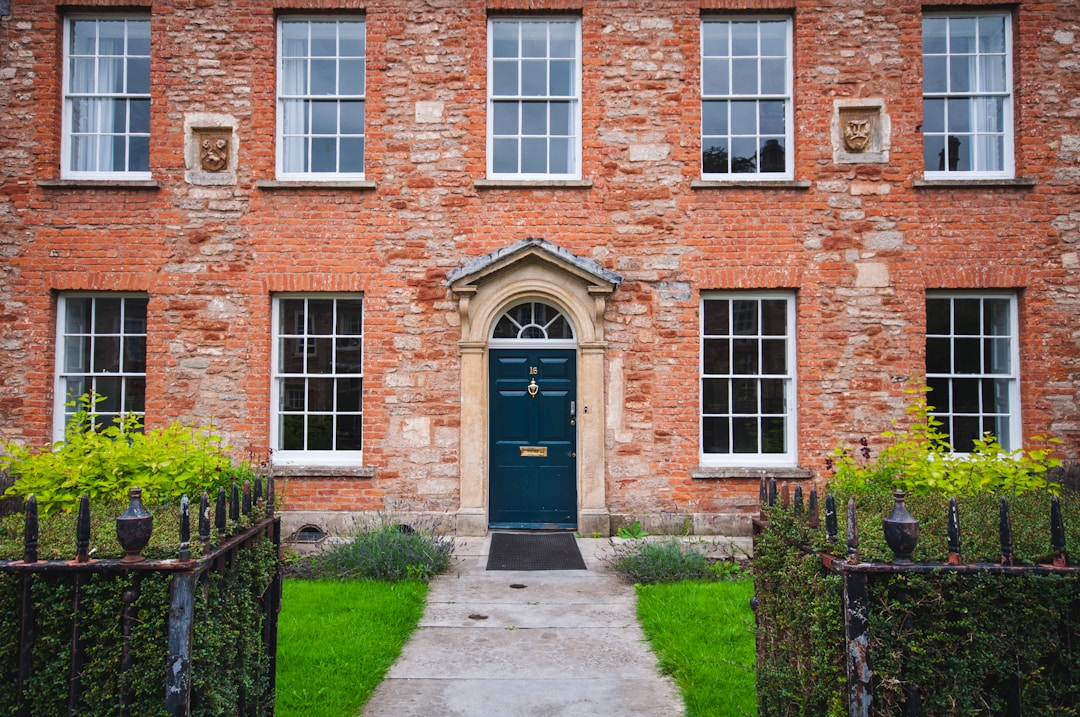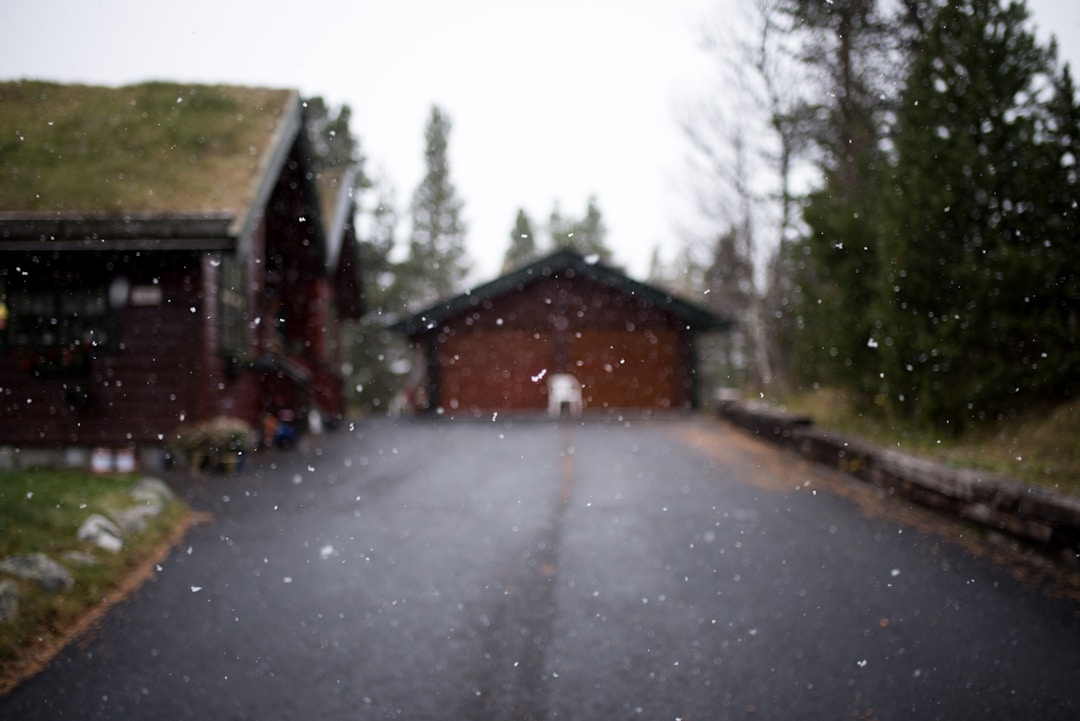How to Protect Your Home From the Elements

As a homeowner, protecting your home from the weather should be one of your top priorities, no matter what part of the country you live in. If your home is in a climate where intense weather, like rain or snow, is common, it’s even more imperative that you take the necessary steps to prepare yourself and your home to avoid having to pay for costly repairs later. You can take several proactive steps to keep your home protected and ensure that your family is safe too, should you find yourself in a situation where your home could be susceptible to damage.
Whether you’re a new homeowner or someone concerned about a property you already own, you may find yourself concerned about if your home is prepared enough or not. Read on to learn more about four easy ways you can protect your home from the elements.
1. Clean your roof and gutters.

Roof and gutter cleaning regularly is one of your responsibilities as a homeowner. Having damaged gutters or gutters clogged with debris or faulty roofing can make your home susceptible to many different kinds of water damage, to the point that it could even affect the foundation of your house. This can lead to costly repairs down the road, making it that much more important to be proactive when it comes to handling your roofing and gutters.
It’s worth inspecting them at least once or twice a year and have someone service your home if necessary. Make sure you look for a reliable local contractor with a visible online presence, so you can read reviews and learn about their services. If you’re in Charlotte, North Carolina, look around for the best professional gutter cleaning in Charlotte. While it can be tempting to try to cut corners, the quality of service matters quite a lot when it comes to your roof and gutters.
2. Inspect doors and windows.

You would be surprised how much the condition of your doors and windows can affect your home. Doors and windows require attention and care, so if you’re purchasing property, make sure you have them inspected first by your realtor. For example, if you’re moving to North Carolina and you’re working with a Blowing Rock real estate agency, speak to your real estate agent to confirm if they have carried out a thorough inspection of the house’s doors and windows.
Consider the weather in the local area you’re moving to and be aware that the rainy and snowy seasons can cause weather damage to the exterior of a house. Getting them repaired or replaced can be costly, so it’s essential that you know their condition before you make a purchase. Most importantly, doors and windows that don’t close and lock effectively can pose a massive safety risk when it comes to intruders or burglary concerns. Second, when it comes to weather damage, your doors and windows can sustain a lot of it, as they’re constantly exposed to the elements.
Cracks and crevices that develop can let hot and cold drafts into your apartment, which puts a heavier load on your heating, ventilation, and air conditioning system. This can, in turn, send your utility bills skyrocketing. You’ll want to ensure you have your windows inspected by a pro before winter, and you’ll want someone who can do a great job, so make sure you do your research before you hire a contractor.
3. Seal your driveway.

You may not realize how much the weather can affect your driveway, but it can be destructive if you let it go unchecked. Concrete contracts in hot weather and expands in the freezing cold, which is a good way for dangerous cracks to develop. At least before the winter, you should make sure to use a sealant on your driveway.
If you’re doing it on your own, you take a paintbrush to a can of thoroughly mixed sealer and mark the edges of the driveway. Then use an asphalt driveway brush, paint on two layers of sealer, one horizontal and one vertical. Then allow the sealant to dry according to whatever instructions come with your specific brand. If you don’t feel comfortable doing the job yourself, look for a professional in your area who can come by before the winter and protect the concrete around the exterior of your home.
4. Make sure you have supplies and weather gear.

If you live somewhere that intense weather is a concern, your preparations also mean ensuring you and your family have personal protection from the element. For those living in a climate that has a hurricane season, the rainy season can be difficult. If you need a durable, high-end personal umbrella, you can always look for a Weatherman umbrella coupon online. Make sure you have gear that you can go outside in, like boots or a coat you can wear in the rain without damaging it.
If your home is near an area with wildfires, having face masks and covering and a supply of non-perishable food is a good idea, in case you need to be out in smoke or are trapped in your home. Wherever you live, make sure you understand the unique weather events that could affect you or your home.
Start planning your home improvements before you expect an extreme weather event, as you don’t want to wait until something goes wrong to make changes. Many of the most important things you can do to protect your home involve regular maintenance of your appliances and household fixtures, so it’s best to get in the habit of being conscientious about everything from gutter cleaning services to window cleaning. There is no replacement, when it comes to preparedness, for investing time and effort into creating a safe environment. While no one wants to imagine an emergency happening, you will feel better as a homeowner knowing that you invested appropriate time and money into protecting your home from the elements.